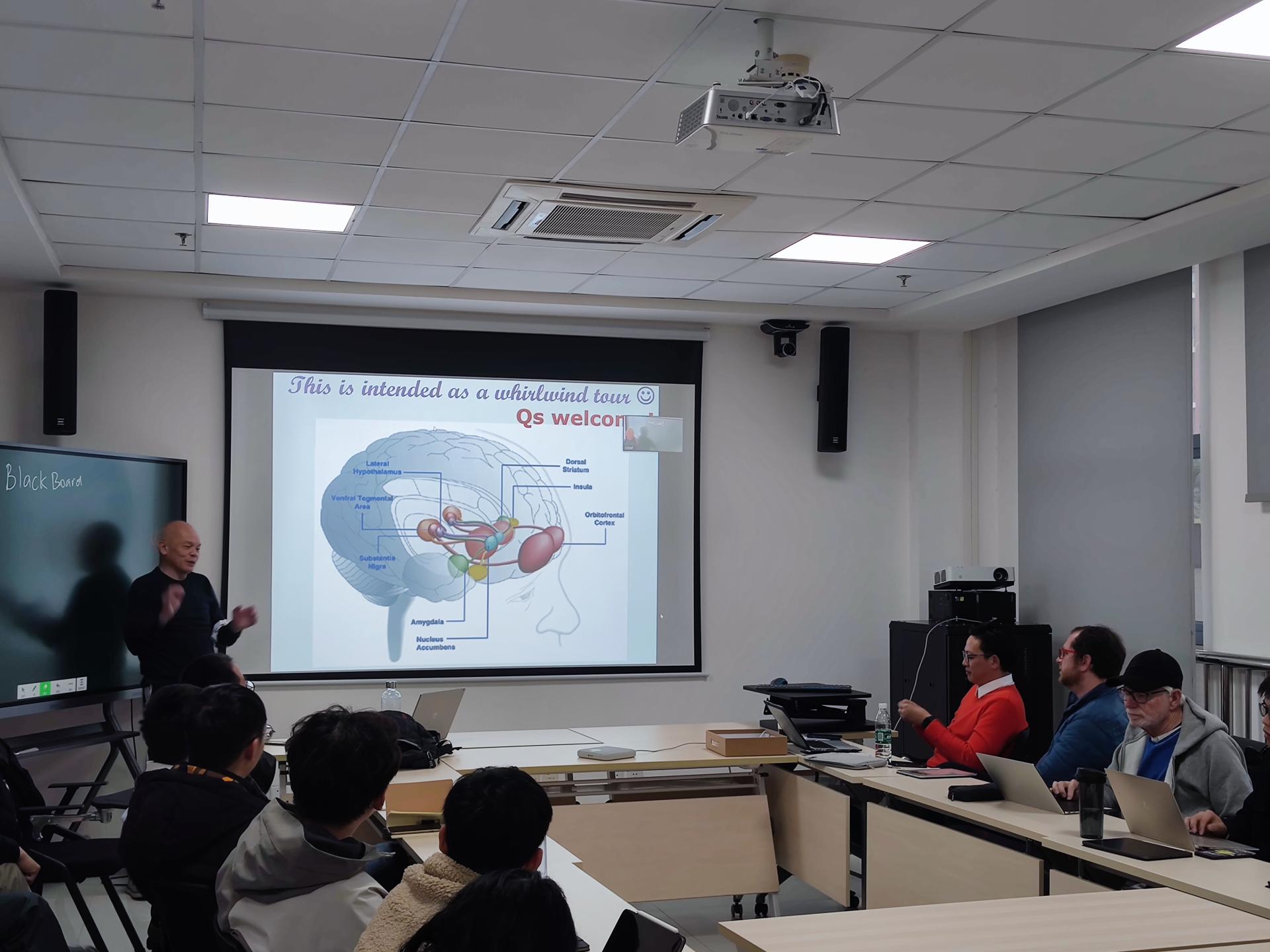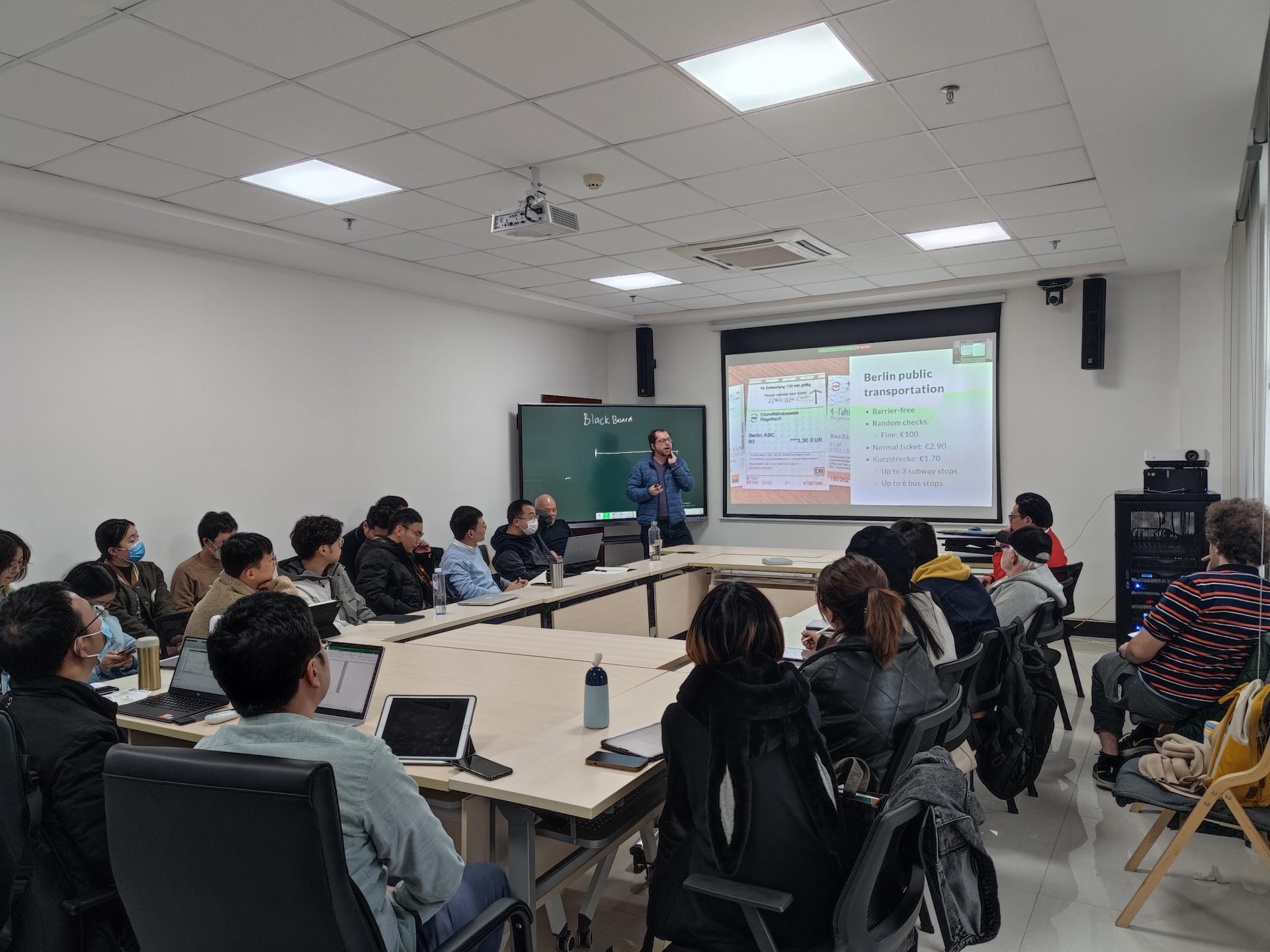Time: Nov 16, 2021 (Tuesday) 3:00pm - 5:00pm
Address: Room 311 HongYuan Building
Online Link: https://us02web.zoom.us/j/4588649912?pwd=NVJBSGFwYjZpd095ZnRnK0V1endrZz09
Meeting ID: 458 864 9912 Passcode: 181616
Titel: On the Job Training
Speaker: Lawrence Choo, Lin Senran
Title: Shirk Responsibility in Group Decision-making?
Speaker: Shi Qichao
Title: Incentive-compatible public transportation
Speakers: Inacio Bo
Title: A Gene-Brain-Behavior Basis for Familiarity Bias in Source Preference
Speakers: Chew SooHong, Richard Ebstein
Abstract:
Source preference in which equally distributed risks may be valued differently has been receiving increasing attention. Using subjects in the Berkeley area, Fox and Tver sky (1995) demonstrate a familiarity bias in source preference - betting on a less than even-chance event based on San Francisco temperature is preferred to betting on a better than even-chance event based on Istanbul temperature. Familiarity bias appears to have its roots in anxiety and fear towards the unknown and affected by benzodiazepines as anxiolytic agents that enhance GABAA receptor activity. Importantly, the amygdala is the neuroanatomical hub in the brain for processing fear and anxiety. This leads us to hypothesize that individual differences in familiarity bias may be explained by polymoiphic variations in the GABAA receptor mediated by anxiety regulation in the amygdala. This hypothesis is tested across two studies. In Study 1 involving 325 Beijing-based subjects, we examine ten single nucleotide polymorphisms (SNP) of GABRB2 (a gene for the GABAA receptor) and find that seven SNPs each shows a negative association between having at least one minor allele (i.e., less than 50% prevalence') and familiar让y bias in favoring a bet on the parity of Beijing temperature over a bet on the parity of Tokyo temperature paying slightly more. In Study 2 under neuro imaging for a subsample of 40 subjects based on the SNP with the most balanced allelic distribution, we elicit their risk attitude for bets on the parity of the temperature of twenty Chinese cities. We find a positive relation between subjects5 degree of risk tolerance and their post-sc aiming familiarity ratings only for those with at least one minor allele in this SNP. We further find that familiarity bias is positively associated with activation in the right amygdala which is, notably, lower for subjects with at least one minor allele.
Overall, our findings point to a gene-brain-behavior link involving GABA, amygdala, and familiarity bias in source preference. Finally, the close link between GABA, attention and memory, suggests the notion that familiarity bias mediated by GABAergic neurotransmission is also contingent on brain attentional memory circlets.

